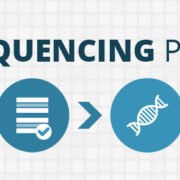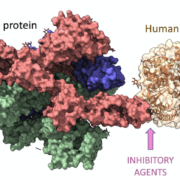Novel HLA Allele Identified
In May 2020, we reported on the likely discovery of a novel HLA-B allele, a finding that would later unfold into a captivating tale of scientific collaboration and the importance of data archiving. During our initial analysis, we performed HLA typing and sequence alignments against the then-current version of the IMGT/HLA database, v.3.38.0. The sample was typed as B*27:05:02:01/B*39:06:02:01, with a single exon mismatch, suggesting the presence of a potentially novel allele.
Fig. 1 Initial HLA typing
Reanalysis and Confirmation
Fast-forward to September 2022, our client requested a reanalysis of their sample against the latest version of the IMGT/HLA database, v.3.49.0. Remarkably, the sample now typed as B*27:259/B*39:06:02:0, with no exon mismatches. This revelation confirmed our initial suspicion – we had indeed encountered a novel allele back in 2020.
Fig. 2 Reanalysis of initial sample.
The Ever-Evolving HLA Database
Between May 2020 and September 2022, the IMGT/HLA database underwent 11 updates, with a staggering 9,119 new alleles added to its database. Digging deeper, we discovered that the allele B*27:259 was assigned on May 31, 2022, and would have first appeared in the v.3.39.0 version of the database. This timeline suggests that while we likely identified a novel allele in 2020, it was subsequently discovered and added to the database by others in 2022. This further emphasizes the collaborative nature of scientific research and the importance of sharing findings within the scientific community.
The Importance of Data Archiving
This experience highlights the critical importance of permanently archiving sequencing raw data files (FASTQ) for future reanalysis. As databases and algorithms continue to evolve, revisiting archived data with newer versions can yield valuable insights and uncover previously undetected alleles or variants. At The Sequencing Center, we strongly encourage our clients to adopt this practice, ensuring that their data remains a valuable resource for future discoveries and advancements in the field of genomics.

 The Sequencing Center
The Sequencing Center







Leave a Reply
Want to join the discussion?Feel free to contribute!